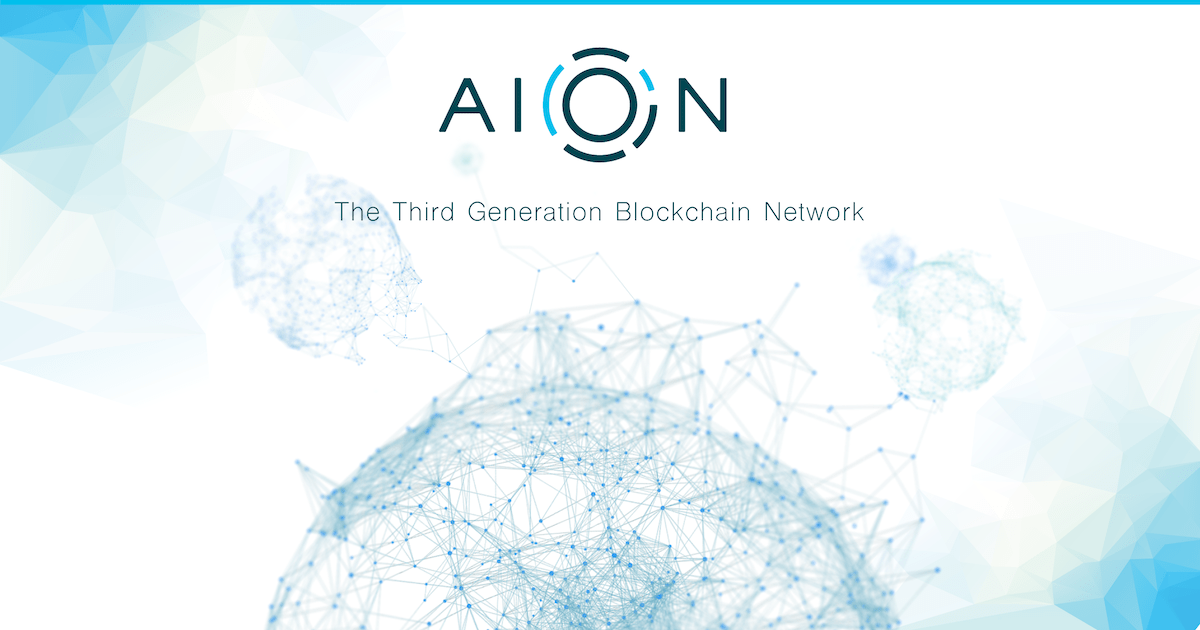As crypto visionary Andreas Antonopoulos said of the development of technology trends, “in technology it is often not the best technology that “wins”, but the one that achieves broad enough adoption and recognition early enough. Good enough beats best if deployed broadly.” This highlights the importance of a frictionless and practical landscape for increased blockchain adoption, where the ability to easily communicate transactions with all other actors is more important than flashy solutions that have fewer participants.
So it can be assumed that the platform which gets traction as a “good enough” solution in each of the many industries which can benefit from blockchain will gain a big first-mover advantage. Of all of these industries, the business-to-business technology market is possibly the most lucrative, since it is worth around $330 billion dollars and is also the setting for some of the most enthusiastic uptake of private blockchain projects.
The platform that offers an acceptable solution for the many blockchain-to-blockchain transactions that banks, corporations, and governments will be undertaking in the near future can expect a huge ROI on their development efforts. One such platform is Aion, developed by the team at Nuco. As the CEO of Nuco Matthew Spoke said: “The hundreds of blockchains existing today will soon become thousands, then millions. Future adoption of this technology relies on a network of blockchains, both enterprise and public, and we’re on our way to achieving this mission.” The Nuco team hope that the upcoming Aion blockchain solution will meet the considerable demands for a frictionless and open blockchain-to-blockchain network.
This is the holy grail of enterprise blockchain development. But it is not without its challenges. As of yet, the landscape for large organisations to integrate their business processes with others through blockchain is limited.
Burdens on blockchains
The cryptosphere has seen persistent issues in its early days regarding scale and security which are now being addressed by a range of developers and teams. The Raiden and Lightning networks and the Bitcoin Fork all aimed to tackle the problem of data overload leading to congested transactions. But private users sending small amounts of cryptocurrency across the network will pale in comparison to the vast quantities of data that a smart-contract powered business landscape will require. As Spoke said, there is a need for “middleware for blockchains to communicate with each other, and the ability to pass messages between them.” Being able to do this in a prompt and scalable manner is something missing at the moment.
Another thing lacking from the current environment is the ability to set up transactions quickly with other blockchains. This is the concept of interoperability: that e.g. a bank’s blockchain would be able to quickly validate a transaction on a company’s blockchain which has formed the basis of a smart-contract with a 3rd party. In an interconnected world like this, everyone needs to be confident that their transactions can be communicated with all others involved. “Blockchain technology will soon become integral to every industry’s infrastructure, and a framework for interoperability is critical to scaled adoption,” according to Spoke.
And there is also the consideration of privacy in blockchain transactions. Enterprises have much higher requirements than ordinary users in this regard. Spoke said that “core to our hypothesis at Nuco is that many enterprise blockchains will be built, and that they will fundamentally transform the way most industries function.” These enterprises are in need of a solution that safeguards their privacy if needed.
How to bring blockchains together
Nuco’s Aion network aims to address these obstacles with certain features. The blockchain will allow quick creation of new blockchains while retaining control for the creator. Transactions on these chains can be linked easily to other blockchains that also participate in the Aion ecosystem. And companies can also use the Aion ecosystem to scale up their blockchain resource needs.
This could all lead to a much more efficient landscape for companies. Spoke described a possible use case: “A simple example that people often point to is in financial services, being able to create a close-payment network, for example, between a group of domestic banks. In Canada take the five biggest Canadian banks and, say, they wanted to create a faster payment or settlement system, they might decide to do that on the distributed network rather than creating an intermediary organization for that.”
Pitching to corporations
The founders of Nuco were also the creators of Deloitte’s blockchain practice, Rubix. This should help them get their message across to the large companies that could be enticed to use the platform. According to Spoke “… you can imagine that we face typical challenges like scale and credibility. On the one hand, we’re working very hard on cementing a network of enterprise partnerships to help us achieve market reach and scale. So far, we’ve been very successful at this by leveraging our phenomenal relationship with Deloitte to get access to international opportunities that they open the doors for.”
There will be activity on the network soon. The Aion token will allow participants and developers to create and transact with blockchains in the Aion ecosystem, as well as develop applications for other Aion users. The token for the Aion blockchain is being sold from October 3rd.
Changing the face of the corporate world
Considering the huge amount of data (and money) that flows through enterprise IT systems, developing a shared protocol is a lucrative prize. This will be the next step in the development of blockchain technology. As Spoke said himself, “blockchains don’t talk to each other at all right now; they are like the PCs of the 1980s. In the future, blockchains will federate data and value in a hub and spoke model similar to the internet.” It will be interesting to see who creates the internet of blockchains.
Disclosure: This is a Sponsored Article

